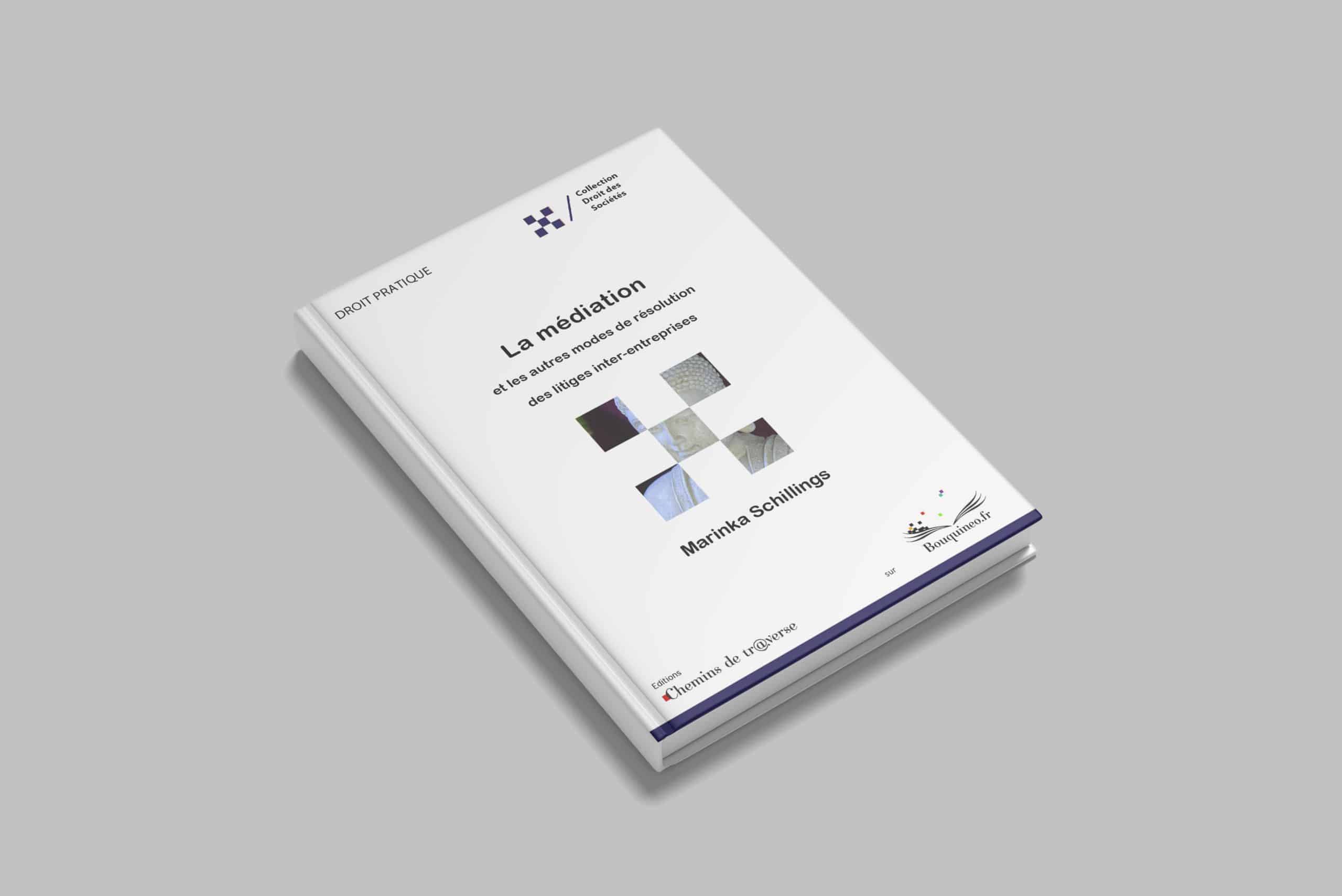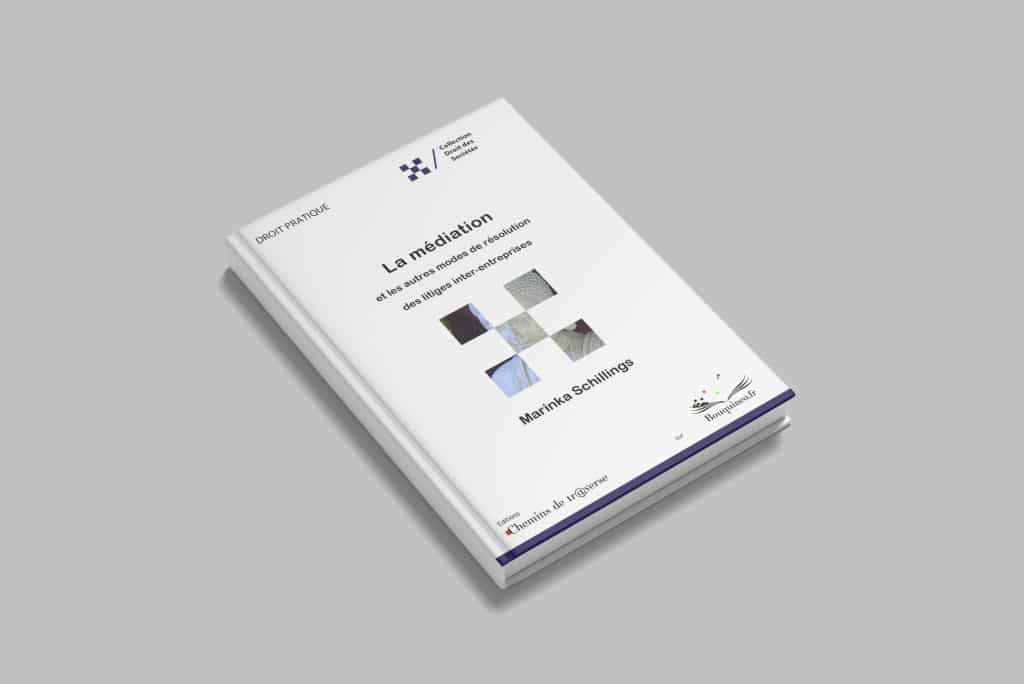Mediation part 2

Alternative dispute resolution methods other than mediation: conciliation, participatory procedure, settlement hearing.
Alternative dispute resolution (“ADR”) is gaining traction in French law. In 2023, the Justice Minister emphasised the administration’s intention to promote amicable dispute resolution even further. A large number of ADR mechanisms already exists, such as conciliation, participatory procedures and mediation. Recently, the government added to the existing system the possibility of “breaking up” on-going proceedings and the settlement hearing. Given the various amicable dispute resolution options available, it is not always easy to identify the most suitable option. In this article, we explain the main features of conciliation, the participatory procedure, and the settlement hearing. For information on mediation and the “breaking up” of legal proceedings, please consult a previous article on this site.
Conciliation
Conciliation is an amicable method of settling disputes under the guidance of a third party, the conciliator.
Conciliators are registered on a list established by the jurisdiction of the court of appeal to which they belong. They are required to follow a specific training and to take an oath before the court. As such, they are part of the judicial system. That is the main distinction between the conciliator and the mediator, who is not affiliated with any specific court.
The conciliator may be appointed by the parties prior to any legal proceedings (article 1536 of the Code of Civil Procedure, hereinafter “CPC”). The conciliator may also be appointed by the court if it decides to delegate its task of conciliating the parties (article 129 of the CPC).
The parties must both agree to attempt a conciliation. This cannot be imposed on them.
When conciliation leads to a settlement, a settlement agreement may be drawn up. This statement is mandatory if either party waives a right as a result of the conciliation. The statement is sent to the court clerk’s office by the conciliator.
The agreement can be approved by the judge to become enforceable, which may in some cases facilitate the enforcement of the agreement.
Pursuant to article 750-1 of the CPC, the parties must attempt mediation, conciliation or a participatory procedure before filing a claim before the judicial courts for disputes less than €5,000 or disputes relating to a neighbourhood dispute.
Conciliation can play this role, as can mediation and the participative procedure.
Participatory procedure (“Procédure participative”)
Unlike conciliation, the participatory procedure does not involve the intervention of a third party: only the parties and their lawyers are present.
The participatory procedure is governed by articles 2062 to 2068 of the Civil Code and articles 1542 to 1564-7 of the CPC. One of the interesting features of the participatory procedure is that it can involve both the attempt to find an amicable solution and the preparation of a trial. The parties have a greater say in the participatory procedure than in conventional legal proceedings. In particular, the participative procedure allows the parties to appoint a technician to carry out a task that will be useful for the continuity of the proceedings or for negotiations in order to reach an amicable settlement. The technician will be appointed in a document countersigned by the parties’ lawyers. The technician’s report will have the same value as the report of a court-appointed surveyor.
The participatory procedure requires the parties to set out in writing the duration of the procedure, its purpose, the documents and information needed to resolve the dispute or to prepare the case for trial, as well as the arrangements for the exchange of these documents. The parties must be assisted by their lawyers. The conclusion of a participatory procedure agreement suspends the statute of limitations period.
French law does not provide that the participatory procedure is automatically confidential. If the parties want to ensure confidentiality of the information or documents exchanged, they must expressly agree to it.
If the parties reach a total or partial agreement, it must be recorded in writing and countersigned by the parties’ lawyers. The agreement must set out in detail the factors that enabled them to reach an agreement.
The settlement agreement can be approved by the court. The participatory procedure agreement must in that case be attached to the application for homologation.
As mentioned above, pursuant to article 750-1 of the CPC, the parties are obliged to attempt mediation, conciliation or a participatory procedure before filing a claim before the judicial courts for disputes of less than €5,000 or relating to a neighbourhood dispute.
The participatory procedure can play this role, as can mediation and conciliation.
Settlement hearing (“Audience de règlement amiable”)
The settlement hearing is a recent innovation. It was introduced by Decree no. 2023-686 of 29 July 2023 on measures to promote the amicable settlement of disputes before the judicial courts (“Tribunaux judiciaires”). The provisions relating to the amicable settlement hearing are laid down in articles 774-1 to 774-4 of the CPC.
The judge of the judicial court may now decide to refer the parties to a settlement hearing.
The parties may request the referral, but the judge may also impose it, even if the parties do not agree. French law simply states that the judge must hear the parties’ stand on a possible referral to a settlement hearing. The court is not obliged to follow their opinion.
The settlement hearing is held by a judge who is not a member of the court’s judgment panel. This means that this judge will not rule on the merits of the case.
The hearing is confidential: it is not open to the public, even the court clerk is not present. Only the parties, their lawyers and the judge are present. In principle, everything said or exchanged during this hearing is confidential and will not be communicated to the judges who will have to rule on the dispute if the settlement attempt fails. The parties may, however, agree to waive confidentiality. Confidentiality may also be lifted if the implementation of the settlement agreement requires the disclosure of confidential information.
At the hearing, the judge helps the parties reach an agreement, through a balanced confrontation of their points of view and an assessment of their needs and interests. The judge may also explain the legal principles that apply to the dispute.
The aim is that the parties reach an agreement that puts an end to the legal proceedings. If an agreement is reached, it may be recorded in minutes that may be sent to the judge hearing the case on the merits, by the judge in charge of the settlement hearing. An extract from the minutes drawn up by the judge may also be issued and will be enforceable.
Paris, 4 January 2024
Marinka SCHILLINGS
Lawyer, member of the Paris Bar
AMSTEL & SEINE Avocats
CMAP Mediator
marinka.schillings@amstelseine.com
Thom VERKUILEN
Lawyer, member of the Paris Bar
AMSTEL & SEINE Avocats
thom.verkuilen@amstelseine.com
If you have any questions about alternative dispute resolution in France, please do not hesitate to contact us by telephone on +33 (0)1 85 09 34 80 or by e-mail.
